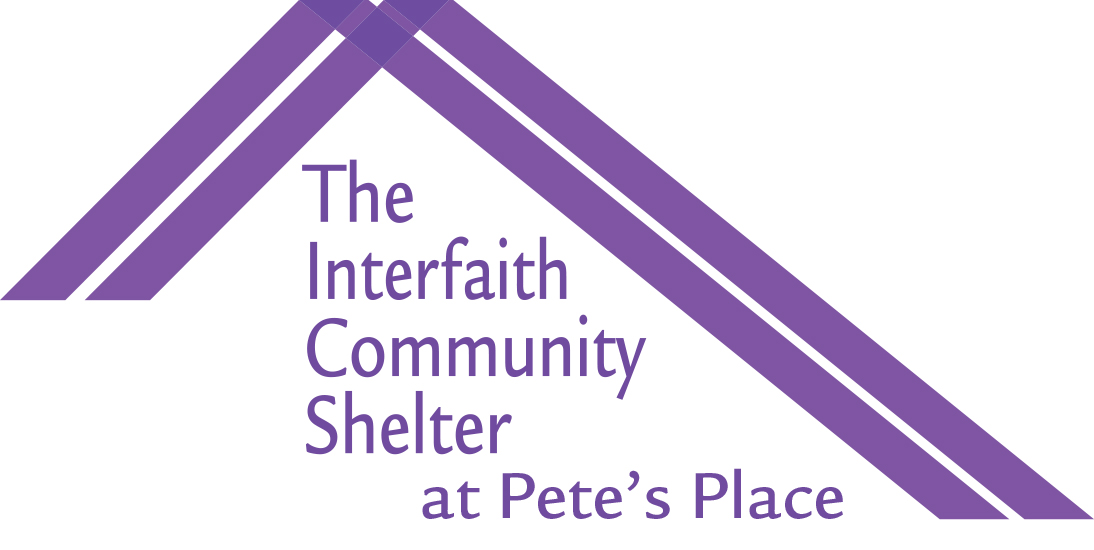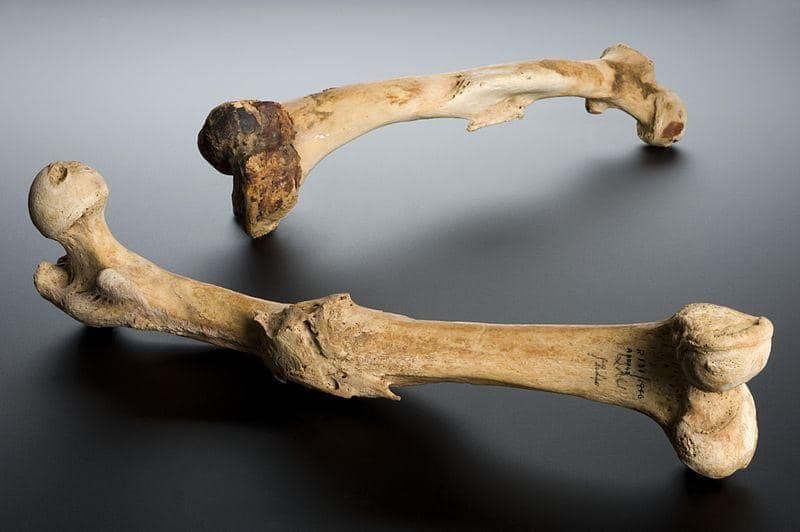I recently read about a student once asking anthropologist Margaret Mead, “What is the earliest sign of civilization?”
Mead replied, “A healed femur,” which was about 15,000 years old.
Turns out that the femur is the longest bone in the body and, if broken, takes about six weeks to heal. In Paleolithic times, a person who broke a femur couldn’t run to escape predators or hunt. Death ultimately follows, and the good possibility of being eaten!
A 15,000-year-old healed femur was evidence that someone had taken the time to care for a wounded hunter. One of our ancestors had to do the care-taking (as well as, now, the hunting) and nurse this person back to health. That healed femur was the first sign of a compassionate response of one human being toward another (and a link between healing of one’s relative or community member and survival.)
The COVID-19 pandemic has unmasked (no pun intended) some increasingly desperate, and disparate, needs in our society. Society is suddenly faced with caring for the homeless, the poor, the disenfranchised, the multitudes who are suffering and in need. Like our ancestors 15,000 years ago, the question begs to be asked: Will those of us who are capable help to provide care for those who are wounded and go without?
We have all experienced some degree of difficulty during this coronavirus outbreak–from boredom and restlessness to food insecurity, furloughs and lost jobs, illnesses and death. One only has to look at the long lines of cars at food banks all across the country to see that hunger and need are real. But the silver lining in the disaster is real is the generosity of so many to be that helping hand.
We have seen that compassion and generosity firsthand here at Interfaith Community Shelter at Pete’s Place. Individuals we didn’t even know have stepped up to help to support our guests during these trying and exhausting times.
It gives one pause to see that there is hope in this world. The gap between the have and the have-nots can be bridged. This adversity, just maybe, will breed strength and compassion.
It has taken a pandemic of this magnitude, at this time in our history, to remind us how we, as human beings learned some 15,000 years ago, to be civilized and compassionate toward those who are wounded and need our help to survive.


Thank you for writing your article. I was looking for a picture to send to my former health insurance company when I ran across your article. I will send the president and the board of directors a copy of your article and hopefully it will motivate them to make some changes in how they handle future member’s claims. Fortunately, I no longer have the above mentioned health insurance, but my experience makes me wonder how many people have either been maimed or killed by this company while waiting for surgery. The unfortunate thing is my former health insurance is supposedly for the underserved community and is a non-profit.